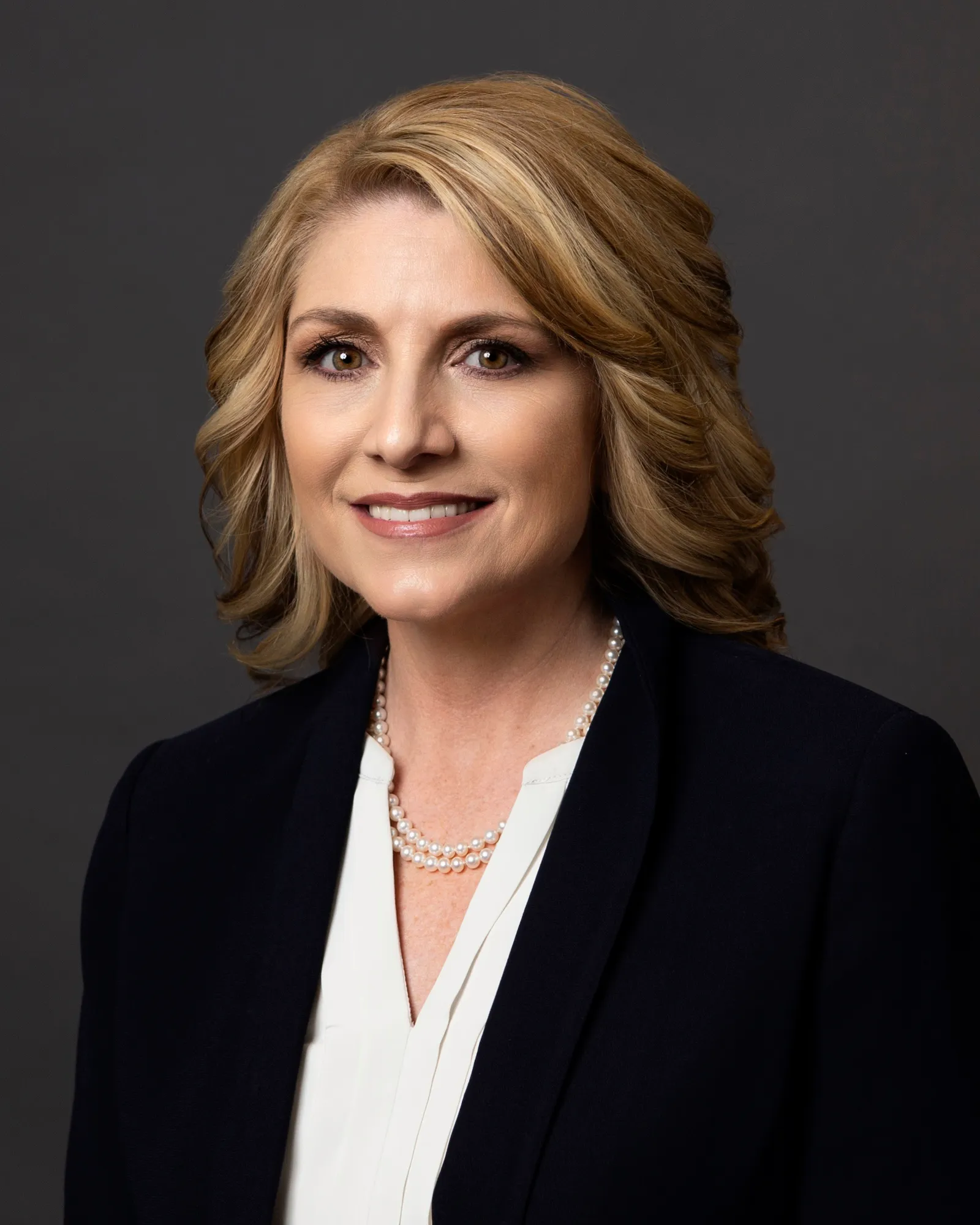A Las Vegas community bank’s effort to spotlight nonprofit organizations has been a driver of client acquisition, and the lender’s CEO envisions further opportunity to grow that client base.
Five-year-old Lexicon Bank, which has about $300 million in assets, serves southern Nevada businesses of all sizes; the bank takes consumer deposits but doesn’t lend to consumers, said CEO Stacy Watkins.
The bank was founded in August 2019, the first new community lender in the region in more than 10 years. Watkins joined the bank in March 2020, one week before Las Vegas shut down due to the onset of the COVID-19 pandemic.

“We were birthed out of the pandemic,” Watkins said during a recent interview. Without much of a client base, Paycheck Protection Program loans offered “a launching pad” for the bank, she said.
The bank facilitated almost 1,000 PPP loans totaling $185 million, helping businesses struggling to access those loans through other banks.
“A large majority of those clients left 15-, 17-year banking relationships and moved to Lexicon,” Watkins said. In monitoring account movement, “we thought we would see quite a bit of money would run off,” but Lexicon netted nearly $225 million in total assets, she said.
From that springboard, the bank has sought to drive further growth. Lexicon exited de novo status in three years, and the bank’s growth spurt meant it needed to establish policies and procedures quickly to grow into its size, Watkins said. That was essential, “to prove to the regulators that we were capable of handling what we had grown” on the deposit and lending side, she added.
As of the end of June, Lexicon’s deposits totaled $260.9 million, and core loans, $163.9 million, according to quarterly financial results.
Watkins also pointed to the bank’s liquidity position in underscoring its long-term stability: Lexicon had cash and cash equivalents of $101.5 million, or about 39% of total deposits; and unused lines of credit and unpledged securities totaling $87.1 million, or 33% of total deposits, as of the end of June. The bank leaned on that position in reassuring stakeholders that Lexicon was on a solid footing during last spring’s regional banking turmoil.
With the bank’s growth, however, costs have risen. Lexicon’s expenses climbed 20% from 2022 to 2023, to $7.4 million, according to financial statements. The bank employs 31 people, and Watkins said that will be 33 at year’s end; the lender takes a careful approach with the goal of avoiding job cuts, she added.
Watkins sees banking services for professional poker players and active or retired athletes as niches that offer further opportunities for Lexicon. The bank is also pushing further into the nonprofit segment, and counts several hundred nonprofits among its clients, she said.
The community lender’s nonprofit spotlight program, in which a different organization is highlighted each month, has been a successful driver of client acquisition, Watkins said. Of the 60 nonprofits spotlighted in the bank’s five years, about 45 have become Lexicon clients, she said.
She’s betting on more opportunities there, noting there are about 10,000 nonprofits in southern Nevada.
Lexicon bankers’ accessibility — including after hours, on weekends and holidays, is resonating with the community the bank serves, Watkins said. The bank’s business clients have shown “they don’t need that, but they want that,” indicating that even if they don’t often make use of that ability, they like the idea of it, she said.
Even as Lexicon aims to deliver the digital experience clients want, “what’s on the rise is going back to basics and the human interaction,” she said.
That approach has been crucial for the bank as the Las Vegas area sees an increase in startups, Watkins noted, because Lexicon’s relationship managers guide entrepreneurs to vendors, insurance agents and other contacts who can jump-start their business endeavors.
The bank, in turn, may use a client testimonial to showcase that new business, Watkins said, and that type of two-way benefit remains crucial in community banking.
“For a community bank, it’s more about relationships and the value-add they get from us,” she said, contending that a regional or large bank isn’t going to help drive business their clients’ way. “The more intimate and more you can build on that relationship with your client, the stickier the client’s going to be.”






















